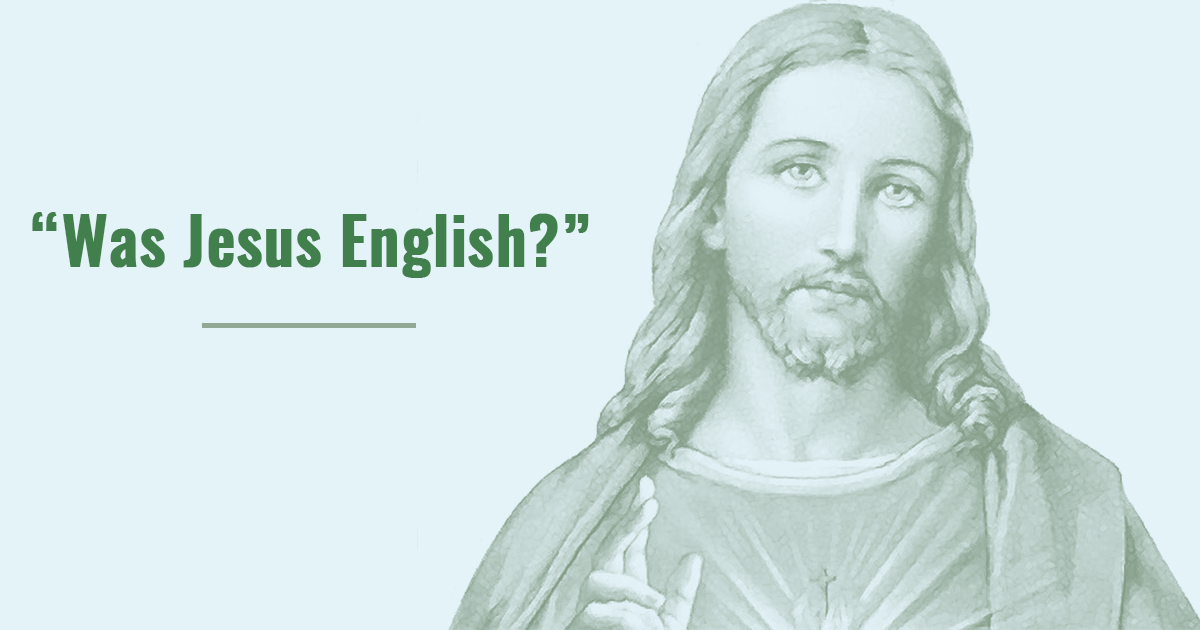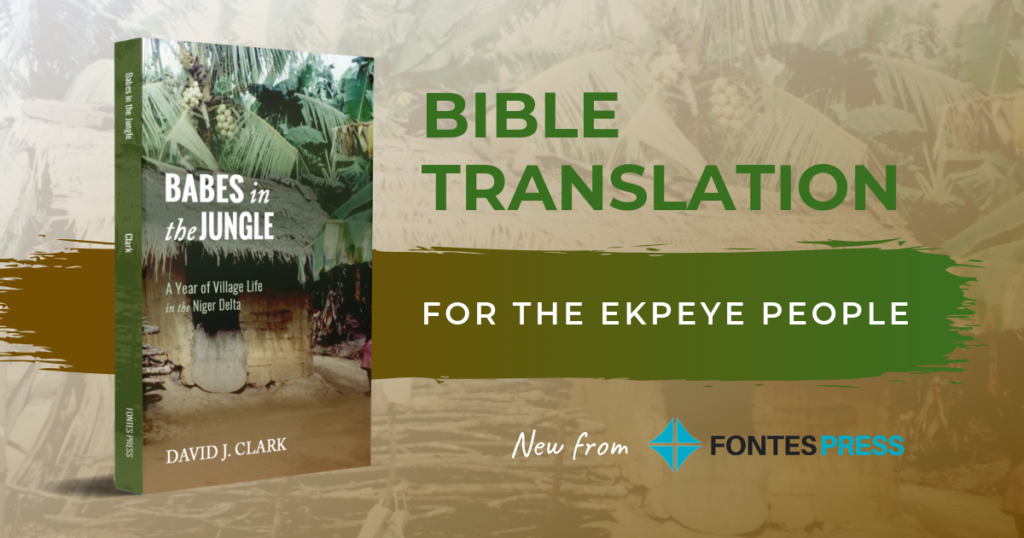
It often starts in the nursery, for those of us who grew up in church. The sweet volunteers play with the babies and toddlers, feed them, hold them as they cry–and read Bible stories to them. Granted, children’s versions of Bible stories are typically moralistic and butcher the theological points being made. But still, children in the church grow up with a wealth of biblical knowledge that we often take for granted in the West. This knowledge gives a general framework for reading and understanding the Bible, and for participating in church without being completely lost.
Around the world, though, there are around 2,000 languages whose speakers have no Scripture at all. There are more than 1,700 projects underway, meaning that language has portions of Scripture, but not all of it. Biblical knowledge is scarce for these people, and what they have learned, they have learned either from oral teaching (which can soon be corrupted) or from a translation in a second language (which can lead to wild teaching).
In the mid-1960’s, David Clark spent a year in Nigeria among the Ekpeye people, to assist in language data collection for the ultimate purpose of creating a writing system and translating the Bible. One of the girls that was close to their family during that time was Helen, who eventually become comfortable enough to begin asking questions about the Bible, and the Clarks were surprised about the questions she asked.
Helen was an intelligent girl, and one evening over the washing up, she started asking us questions about the Bible. But the questions, involving geography, history and culture, were quite different from those an English teenager might have asked. For instance, “Is Jerusalem in heaven?” We could only guess how such an idea might have arisen – perhaps from some village preacher’s misunderstanding of the picture of the heavenly Jerusalem in Revelation 21. But a belief in the everyday interaction of the physical and the spiritual is widespread in Africa, so maybe the question should not have seemed so strange to us as it did.
“Were Abraham, Isaac and Jacob real people?” This is a question that exercises western academics, though Helen would not have been aware of that. So far as we were concerned, it was impossible to imagine that people whose characters are depicted so vividly in the book of Genesis could have been anything other than real.
“Was Jesus English?” Indeed he was not, but what had made her think he might have been? Missionaries may sometimes present a Jesus dressed in the cultural trappings of their own society, but all the missionaries Helen would have come across were Americans, and we could not imagine that they would ever have given the impression that Jesus was English! Hopefully our answers gave her some helpful information, but on the other hand, maybe we learnt more from her questions than she did from our answers. We at least gained a better understanding of what it must be like to be Christian without having access to the Bible in your own language, and certainly we saw afresh the importance of translating the Bible into languages that people could really understand.
I’d love to share that the Ekpeye people now have Scripture, but sadly they do not. War broke out in the region shortly after the Clarks returned to England to finish his doctorate. Because of war and other factors, the Ekpeye still lack a full translation more than 50 years after a writing system was being developed.
May the Lord continue to bring his Word to people around the globe, and may we Westerners not take for granted the riches of Scripture that we have available to us.
Read more from David Clark in his Babes in the Jungle: A Year of Village Life in the Niger Delta.


